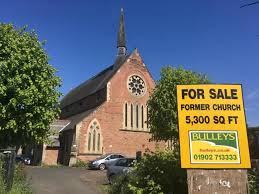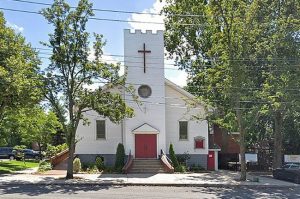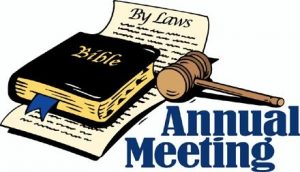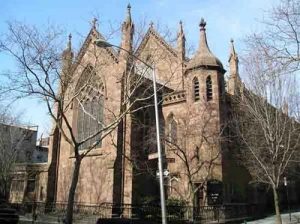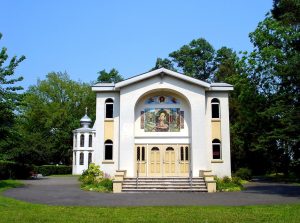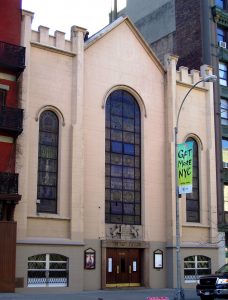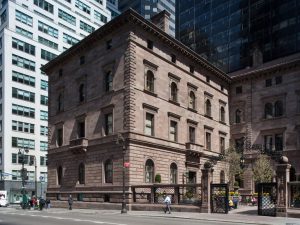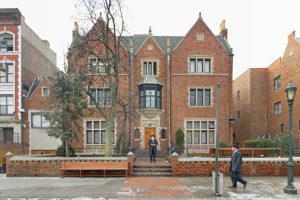 A recent Court decision from the Civil Court of the City of New York (Kings County) involves a dispute regarding possession of real property located in Brooklyn, New York. More importantly, the building which is the subject of the litigation houses a synagogue which also serves as headquarters for the Lubavitch movement, a Chasidic (Jewish Orthodox) sect.
A recent Court decision from the Civil Court of the City of New York (Kings County) involves a dispute regarding possession of real property located in Brooklyn, New York. More importantly, the building which is the subject of the litigation houses a synagogue which also serves as headquarters for the Lubavitch movement, a Chasidic (Jewish Orthodox) sect.
The Court decision is quite lengthy (over 100 pages), which is quite unusual for a landlord-tenant matter. It discusses the history of the dispute, as well as the controlling law. This blog post will summarize the pertinent issues, and how they may apply to similar situations in New York State.
The Agudas Chasidei Chabad of the United States is a religious corporation which was incorporated in 1940 to establish, maintain, and conduct a place of worship in accordance with the Chasidic ritual and mode of worship of the Jewish Orthodox faith. In order to do so, they acquired property located at 770 Eastern Parkway in Brooklyn. The organization later acquired adjacent properties and joined them together to form one building.
 New York Real Estate Lawyers Blog
New York Real Estate Lawyers Blog


